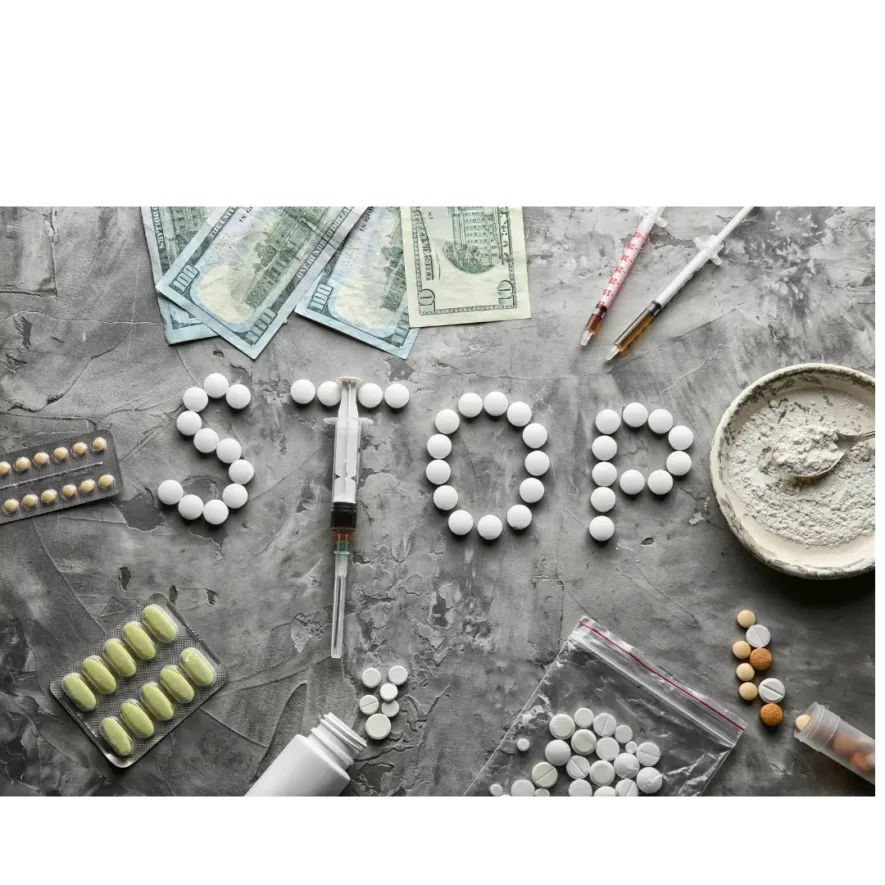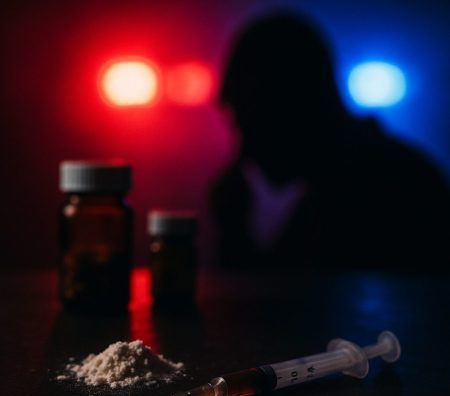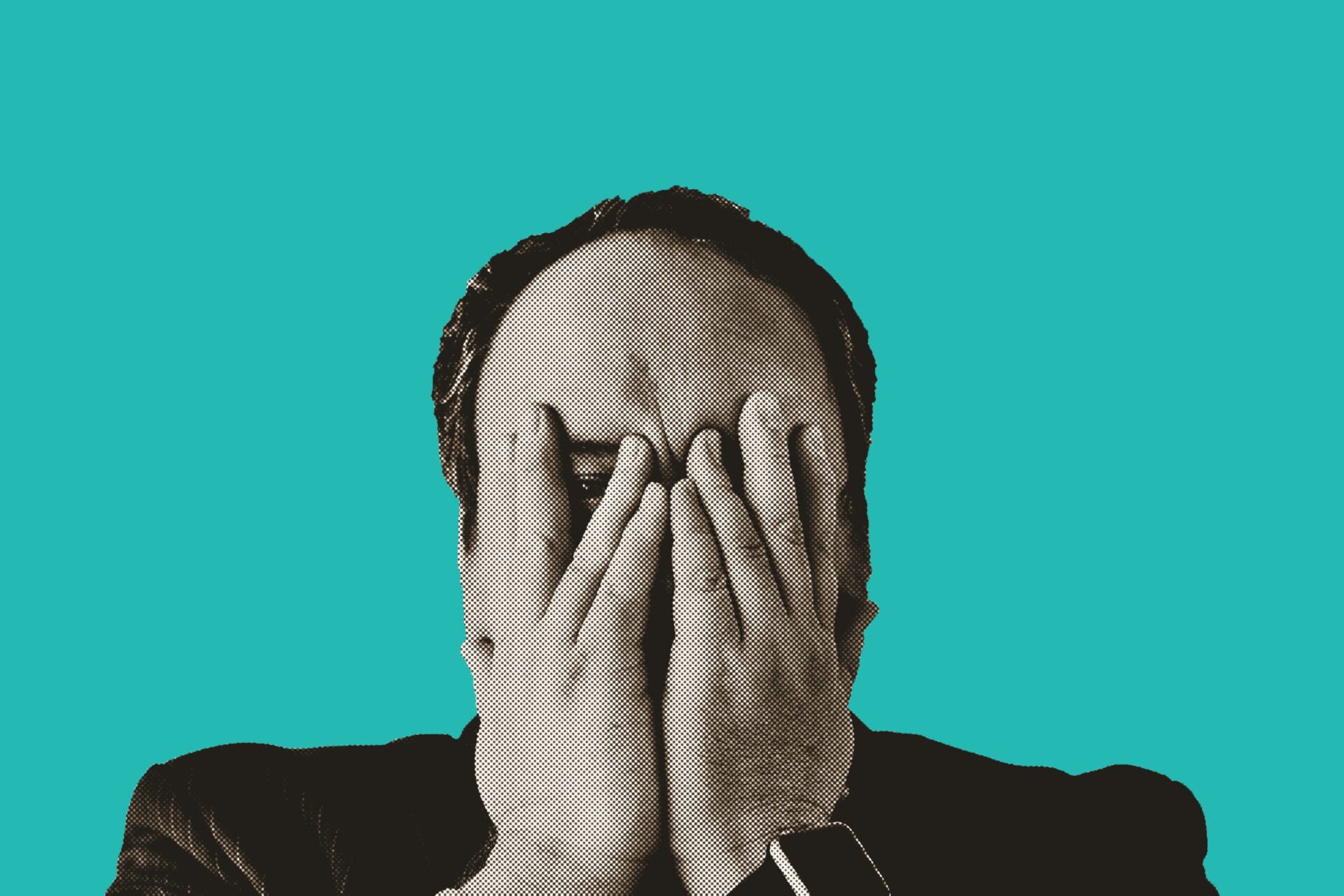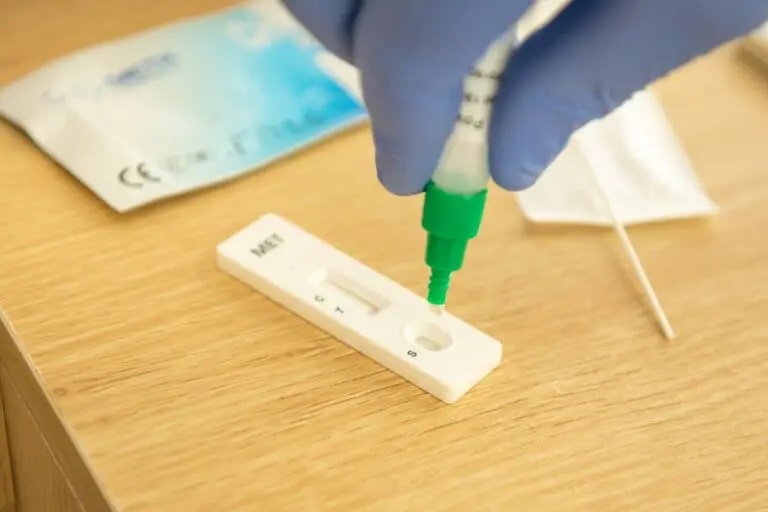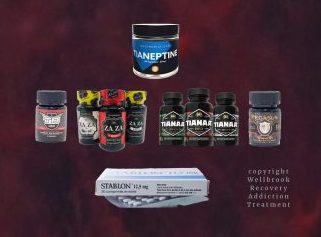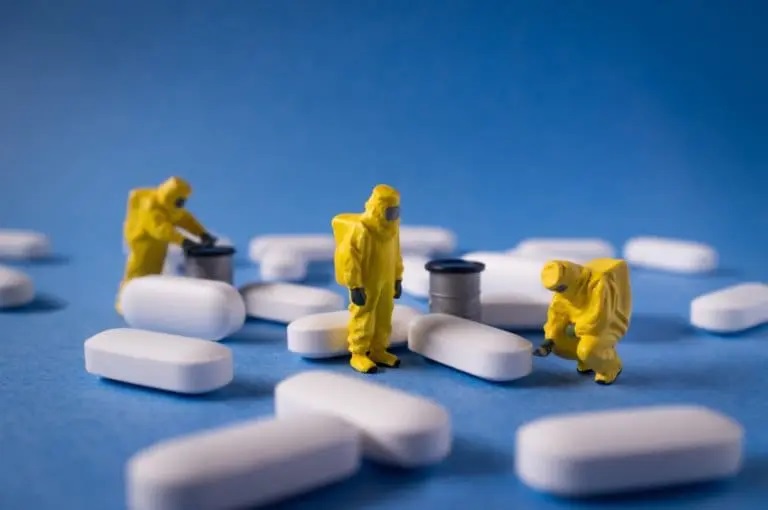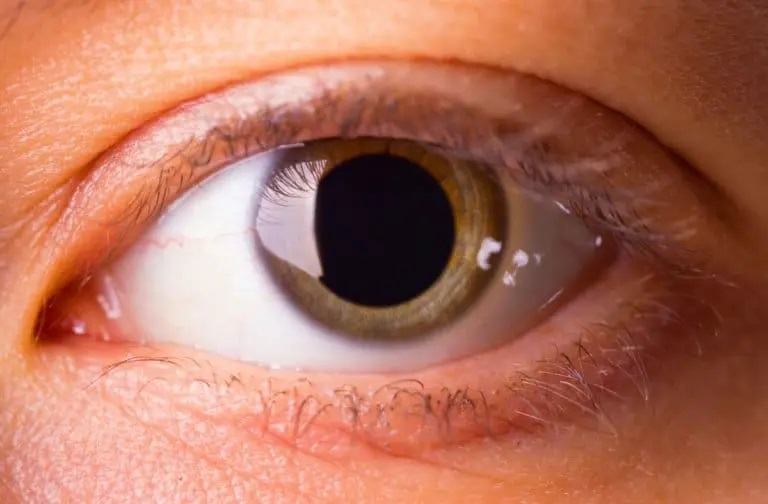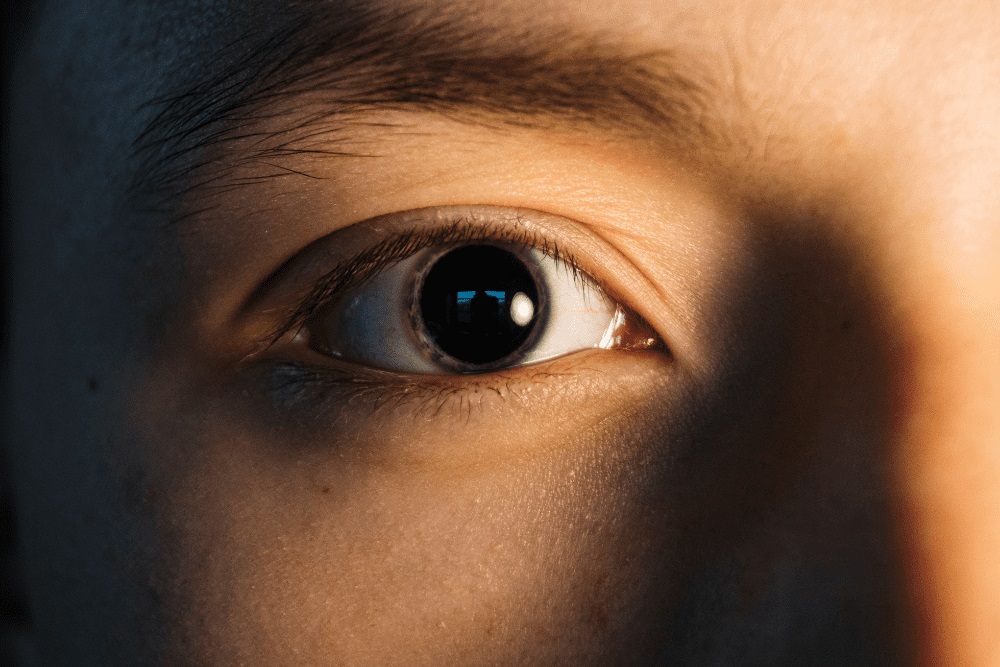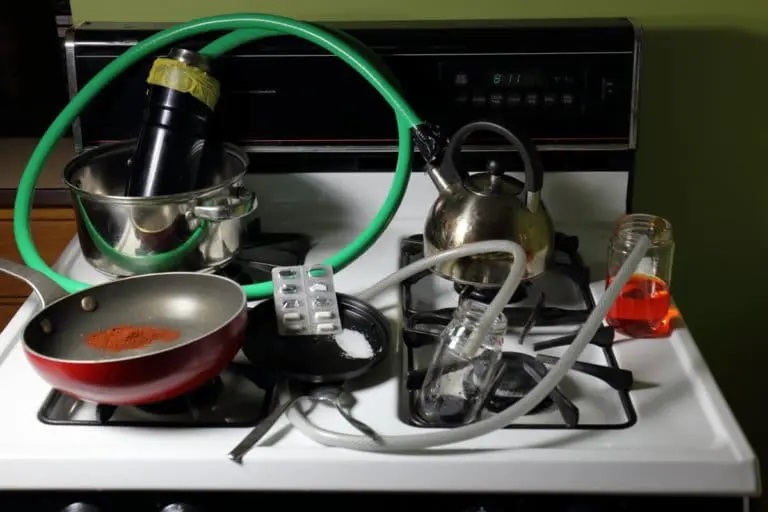Whether or not you use prescription drugs, you’ve almost definitely heard of Xanax. It hit the market in the early 80s and was touted as a “miracle drug” for anxiety. Today, it is one of the most commonly prescribed drugs for anxiety and panic disorders. Since it can cause the user to feel relaxed and unburdened by worries, the effects can be quite addictive. About 16 million Americans (or roughly 6% of all Americans who use Xanax) abuse the drug. So, while Xanax may not seem as “bad” as other addictive drugs out there, it has just as much power to destroy lives. Moreover, it’s not exactly the miracle drug that we were promised, though it can work as an effective treatment for some people.
Many people who are addicted to Xanax refuse to quit for fear of withdrawal. Withdrawal from Xanax can be frightening, especially if you don’t know what to expect. Fortunately, there are ways to get help for a Xanax addiction and minimize the negative symptoms of Xanax withdrawal.
But if you’ve never considered getting professional help before, you probably have a lot of questions. For instance, what does Xanax withdrawal feel like? How long does it last? What can a rehab clinic do to help with Xanax withdrawals? Finally, where can you go to get professional help for a Xanax addiction?
In today’s guide, we will answer all of these questions and more, but first, let’s look at some of the most common Xanax withdrawal symptoms:
Table of Contents
Xanax Withdrawal Symptoms
Xanax, sometimes known by its generic name, Alprazolam, falls under the drug class known as benzodiazepines. These types of drugs can help reduce agitation and anxiety by slowing down the central nervous system. Many people can take Xanax for anxiety or panic disorders without issue, but if the drug is taken for a prolonged period of time, it increases the risk of abuse.
Some of the most common symptoms of Xanax withdrawal include:
- Increased Anxiety – If you’re accustomed to taking Xanax and you stop cold turkey, your underlying anxiety will feel worse. This causes some users to go to great lengths to continue taking Xanax.
- Insomnia – Xanax has been known to help many people with sleep issues to fall asleep and get a good night’s rest. The sudden lack of the drug could cause existing insomnia to resurface or new insomnia to occur.
- Shaking – One of the most common symptoms of withdrawal is tremors or shaking, particularly of the hands.
- General Discomfort – Many people struggle with Xanax withdrawal because it is accompanied by a general sense of discomfort that is difficult to explain or alleviate. This most often comes in the form of muscle aches and soreness.
- High Blood Pressure – When withdrawal begins, you are likely to experience a rapid heart rate and high blood pressure. This can make you feel lightheaded and can increase feelings of anxiety or panic.
- Hot Flashes & Sweating – An increased body temperature is common while your body adjusts to not having Xanax. Most people will experience some variation of hot flashes and night sweats.
- GI Problems – During the peak of a Xanax withdrawal, you will often experience problems related to the gastrointestinal system. These can vary in type and severity, but some of the most common symptoms are nausea, vomiting, diarrhea, and changes in appetite.
- Cognitive Difficulties – It is not always clear if cognitive difficulties are a direct result of Xanax withdrawal, or if they are a combination of factors related to other symptoms. For example, you may find that you have a harder time concentrating or remembering things during a Xanax withdrawal. You might also feel a certain degree of confusion. However, many of these symptoms come about or are exacerbated by anxiety, physical discomfort, and insomnia.
How Long Does Xanax Withdrawal Last?
There is no strict Xanax withdrawal timeline because each person will have a unique experience based on the severity of their addiction, as well as other factors like age and health. It is also difficult to know exactly when Xanax withdrawal symptoms will begin. For some, they can start just a few hours after taking the medication (this is most common in people with a severe addiction).
Alternatively, you may not notice any symptoms until you’ve been without the drug for several days (though you will probably notice some increase in anxiety levels either way). But for the vast majority of people struggling with Xanax addiction, withdrawal symptoms will start within the first 24 hours. Once withdrawal starts, it could last for a few days, a few weeks, or in rare cases, a few months before the symptoms finally go away.
To give you a better idea of what Xanax withdrawal really looks like, here are a few different stages that many (though not all) people will experience:
Early Withdrawal
Early withdrawal is often hard to identify, but you will certainly know that you don’t feel “good.” The symptoms often begin on the first day without Xanax and can include irritability, anxiety, and physical and/or mental restlessness.
Acute Withdrawal
The second phase of withdrawal is often when the symptoms reach their peak. You will feel worse, with increased levels of anxiety, sweating, discomfort, confusion, and gastrointestinal problems. This phase often begins within a few days and can last for a week or more.
Persistent Insomnia (Sub-Acute Withdrawal)
The sub-acute withdrawal phase generally sees the symptoms of withdrawal subside, but many lingering effects persist. Insomnia is the most common effect that continues to be troublesome. In fact, insomnia may continue to cause problems for several weeks after stopping Xanax. For many individuals, this is the last phase of withdrawal symptoms.
Protracted Withdrawal
As previously mentioned, severe cases of Xanax withdrawal can result in symptoms that stick around for several months. If this happens, you’re more likely to experience mood swings, ongoing cognitive difficulties, and sleep disturbances. Keep in mind that the protracted withdrawal phase is less common with Xanax, but it can happen, especially if you’re detoxing from Xanax and one or more other substances at the same time.
The Benefits Of An Inpatient Drug Rehab When Withdrawing From Xanax
The main benefit of inpatient drug rehab is that it is the safest and most effective way to deal with Xanax withdrawal symptoms. If you just try to beat the addiction on your own, you are way more likely to relapse. In any case, here are just a few more benefits of choosing an inpatient drug rehab when withdrawing from Xanax:
- Medical professionals will supervise your recovery and provide you with the care you need to minimize withdrawal symptoms
- A comfortable, safe environment will be provided so that you can detox and continue your recovery
- Round-the-clock help is available to ensure that you’re as comfortable as possible
- Structured routines will be established to help keep your mind off of the withdrawal symptoms and teach you valuable skills that you’ll need for long-term recovery
- Support from peers and others struggling with addiction will help you gain a new perspective on your own journey
How To Get Help With The Wellbrook Recovery Xanax Rehab Center
Are you struggling with the symptoms of Xanax withdrawal? Do you want to recover from Xanax addiction in a comfortable, safe, and professional environment? If so, Wellbrook Recovery is the answer. We offer the best possible care to ensure that you get sober and stay sober.
Don’t let Xanax addiction control your life or the life of a loved one any longer. Contact our confidential alcohol and drug treatment facility at Wellbrook Recovery today. Our expert staff is dedicated to helping you regain control and attain a new lease on life.



